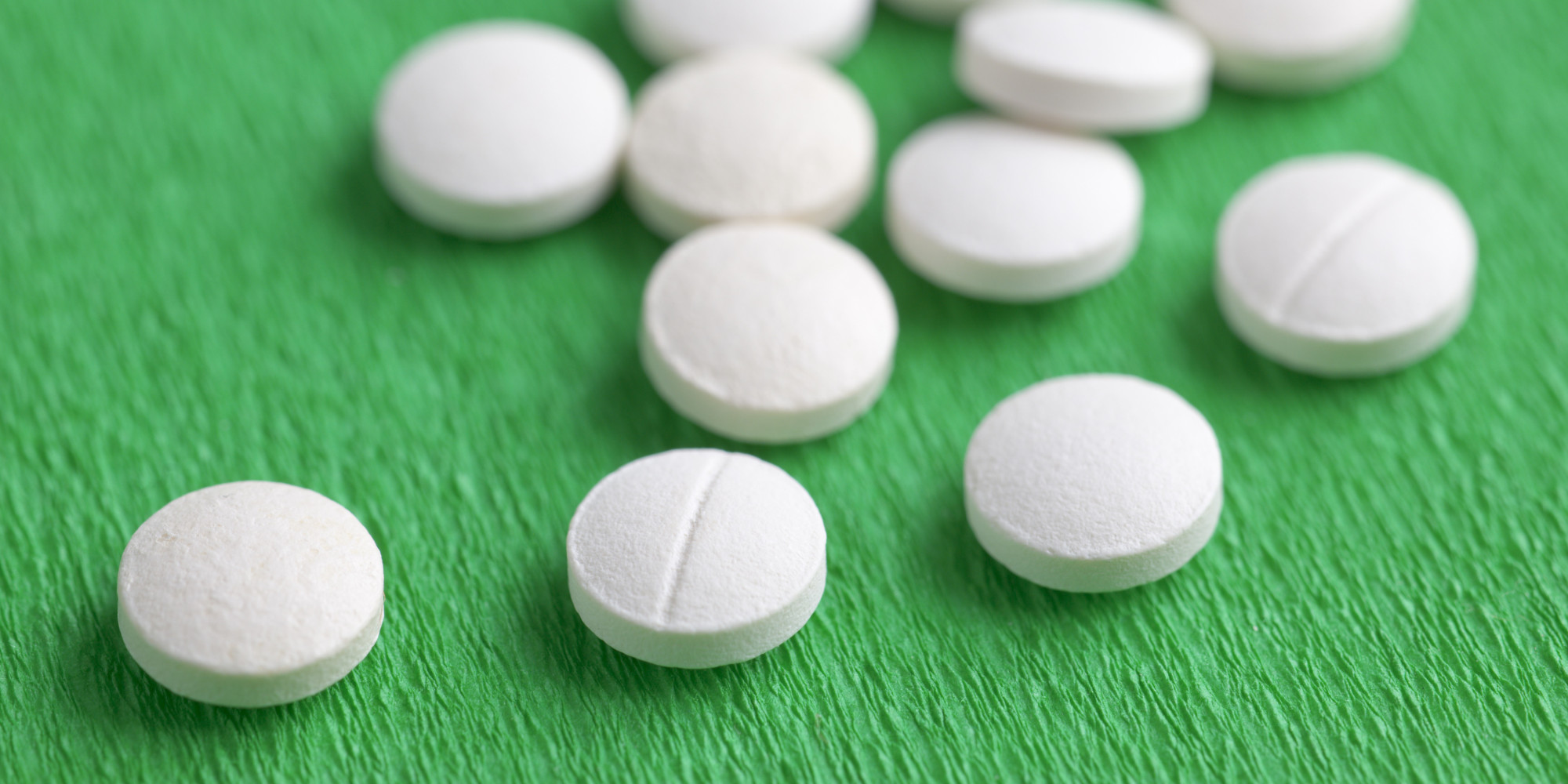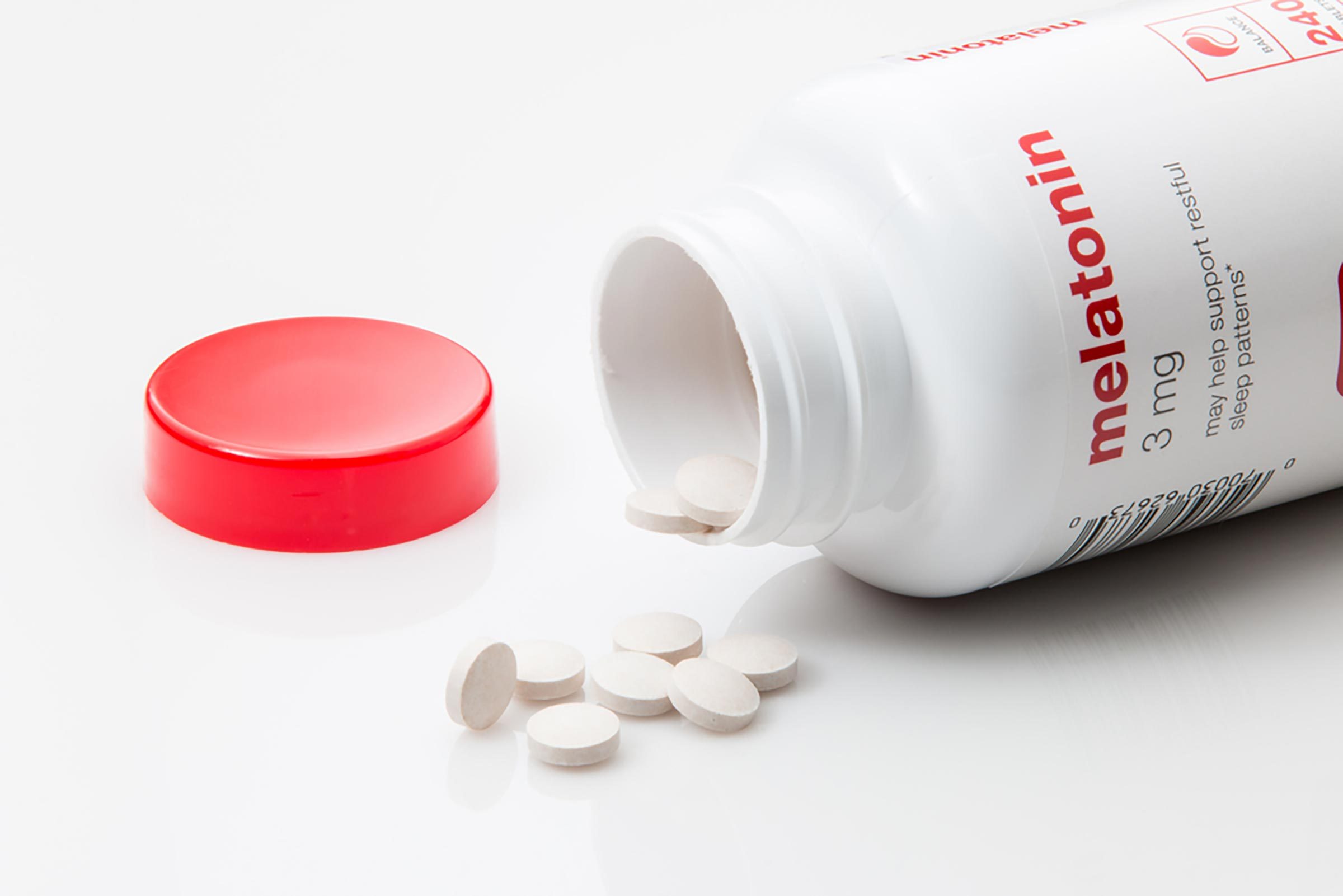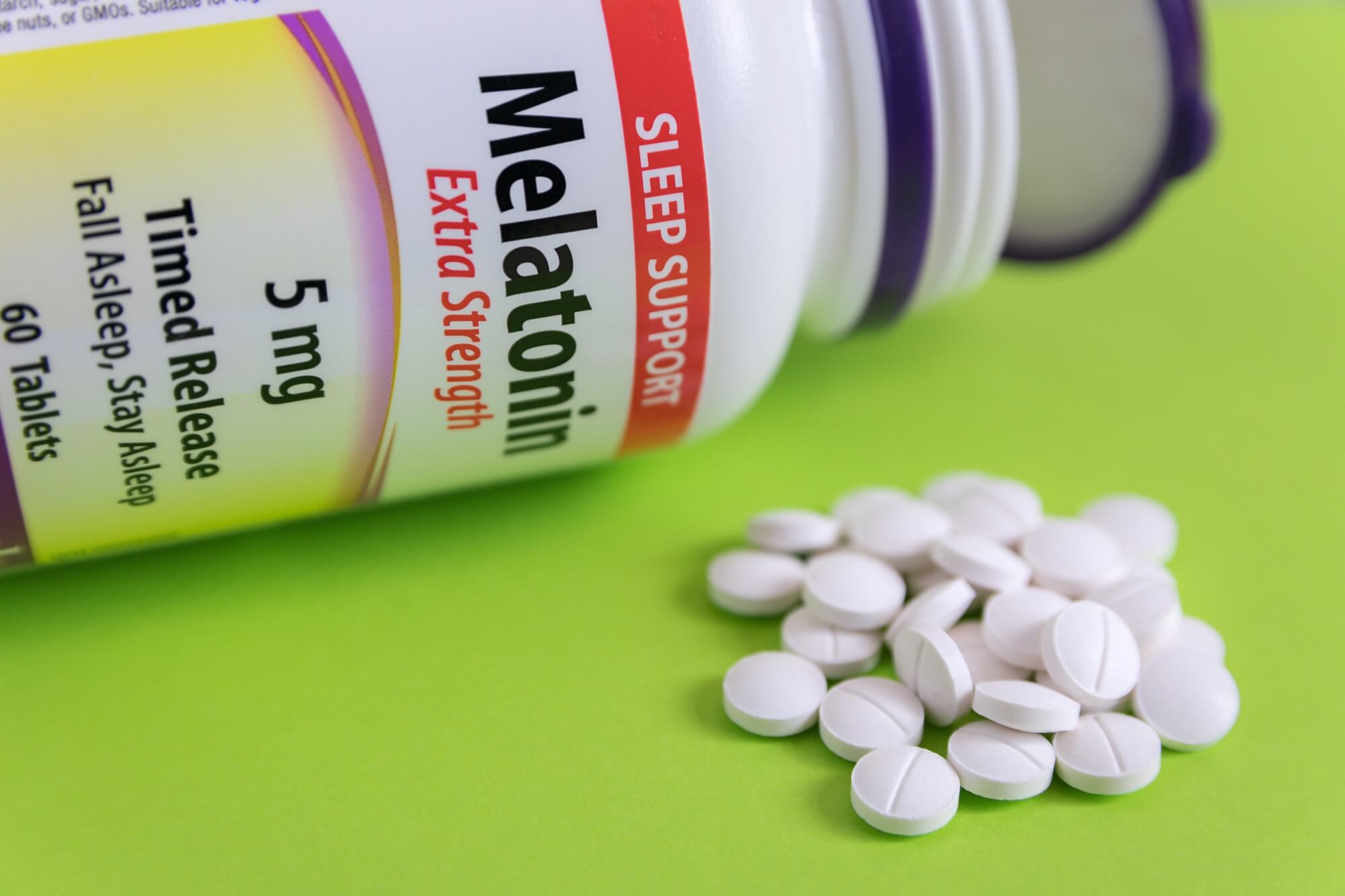According to research, nine million US adults take medicines to help them sleep and overcome insomnia. And in most cases, the medicine includes melatonin. Additionally, it has been found that most alcoholics face insomnia. So, can you take melatonin after drinking alcohol at night to sleep well?
No. Taking melatonin after drinking alcohol or mixing the two can’t help you enjoy a happy sleep. However, it can cause problems like increased drowsiness, liver failure, decreased focus, etc. Therefore, you should not take them together. But yes, if you are on the way to alcohol withdrawal and struggling for sleep, you can surely ask the doctor if melatonin can help you.
To learn more about melatonin and alcohol, their interaction, and why you should avoid taking them together, move to the next section.
Table of Contents
ToggleHow Does Melatonin Interact With Our Body?
Before moving into the details of how and why melatonin and alcohol turn out to be harmful to the body if mixed, let’s get well aware of how melatonin affects our bodies.
The prime role of melatonin, whether produced naturally by the body’s pineal glands or taken as an external supplement, is to help regulate the sleep-wake cycle and the circadian rhythm and overcome sleep-associated issues like sleep lag, insomnia, etc.
Why Do People Prone To Alcohol Need Melatonin?
One of the reasons why people who are exposed to drinking take melatonin medicines is that they think that where alcohol disturbs their sleep cycle and circadian rhythm as well as indirectly plays a role in suppressing the production of natural melatonin in the body.
So, they start taking melatonin, thinking it will help them enjoy a sound sleep. However, the process is not as simple.
Is It Safe To Drink Melatonin And Alcohol Together?

Moving on to if you can mix alcohol and melatonin, no, it is recommended not to mix alcohol and melatonin as it is associated with several risk factors. A few of these are:
Increased Drowsiness
Both alcohol and melatonin have addictive and sedative properties. So, if you take them together, they will increase each other’s efficiency, making you feel much more drowsy and tired.
Impaired Function
Just like alcohol, melatonin, too, if taken in large amounts, impairs one cognitive function, coordination, and ability to think and understand.
So, if you take the two together, the effects are further exacerbated.
Disturbance in Sleep
Now you might be thinking how the two can result in sleep disturbance as melatonin works to make you sleepy and enjoy a better nap.
What happens is that although melatonin is known to aid your sleeping process, the same can’t be said for alcohol. Instead, alcohol does the opposite. Research shows that 70% of alcoholic people face sleep-related disorders.
And when you take melatonin and alcohol together, alcohol counteracts the potential beneficial role of melatonin on the body, specifically in the sleep process.
Liver Stress
And here comes the main problem- liver stress.
The liver processes both alcohol and melatonin. So, if you take both of them, the workload on the liver gets multiplied, and thus can easily result in liver dysfunction, fatty liver, and even complete failure.
Harmful interaction with other medicines
Additionally, it is not safe to take melatonin and alcohol if you are taking any of the following medicine:
- Blood thinner medicines
- Diabetic and Sugar control medicines
- Birth control pills
- Immunosuppressants
Also, pregnant women should not take the two, as it can mentally and physically harm the fetus.
Cardiac Dysfunction
Last but not least, research has shown that taking melatonin and alcohol together can cause cardiac dysfunction too.
In fact, the heartbeat drops to a dangerous level that causes heart failure, stroke, or even death.
So, these are a few reasons to avoid mixing alcohol and melatonin. Now, let’s move through the complications and symptoms that can alert you of the danger.
A Few Complications Of Mixing Alcohol and Melatonin
A few known complications and symptoms that you will experience if you mix alcohol and melatonin are:
- Swollen feet
- Flushing in the upper half of the body
- Irregular heartbeat
- Dropped body temperature
- Cold and shivering
- Trouble focusing
- Getting unconscious
- Simply passing out
- Coma
A Few Other Sleep Aids That You Should Avoid Taking With Alcohol

Apart from melatonin, there are a few other sleep aids that we should not take with alcohol as they also end up harmful to our bodies. And the prime reason is that each one acts as a CNS depressant for us. These include
1. Doxylamine
It is a common ingredient in most OTC supplements. You should avoid taking it with alcohol as the two can result in excessive drowsiness and loss of focus. Additionally, if you ever end up taking the two accidentally, never engage yourself in driving or other concentration-based activities, as there are high chances of you ending up meeting with an accident.
2. Diphenhydramine
Like doxylamine, Diphenhydramine is a central nervous system depressant with even stronger sedating effects. It is basically an antihistamine that helps fight allergies and often makes us sleepy and low in energy.
If mixed with alcohol, both make you dizzy and sleepy to a dangerous level.
3. Valerian
Taking alcohol with valerian is also a harmful combination to go for. And the reason is the same. Both of them stimulate GABA receptors and induce much more sleep.
Apart from these, there is a long list to go through. In short, you should avoid taking sleep medicines and alcohol together. However, if you are taking them to treat alcohol-induced insomnia after cutting off alcohol consumption completely, then you surely can.
Conclusion
All in all, you should not take alcohol and melatonin together. The reason is that both are depressants in nature and thus drastically affect CNS functioning. Additionally, the liver processes them both; therefore, an increased workload can lead to liver-related problems.
So, if you suffer from alcohol-induced insomnia, it’s better to consult a doctor rather than take melatonin yourself.

I am a passionate beer connoisseur with a deep appreciation for the art and science of brewing. With years of experience tasting and evaluating various beers, I love to share my opinions and insights with others and I am always eager to engage in lively discussions about my favorite beverage.
















